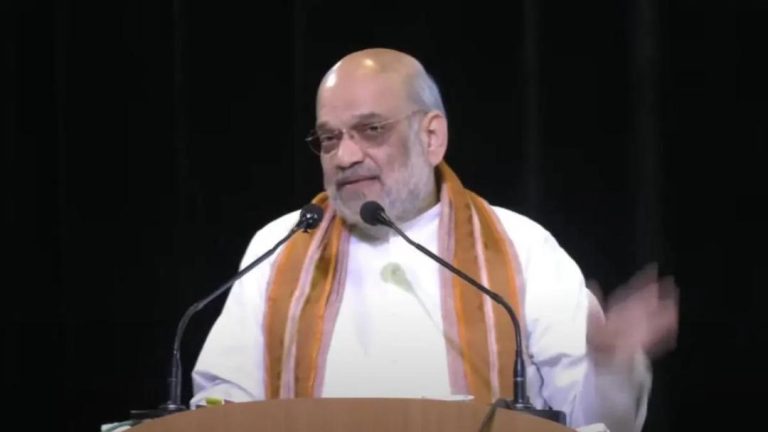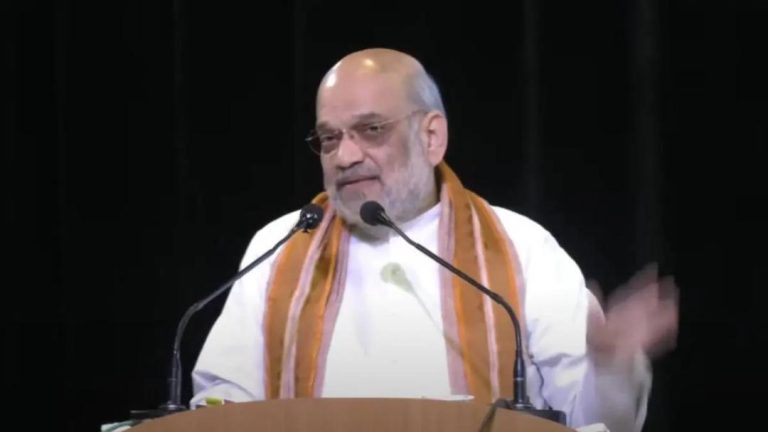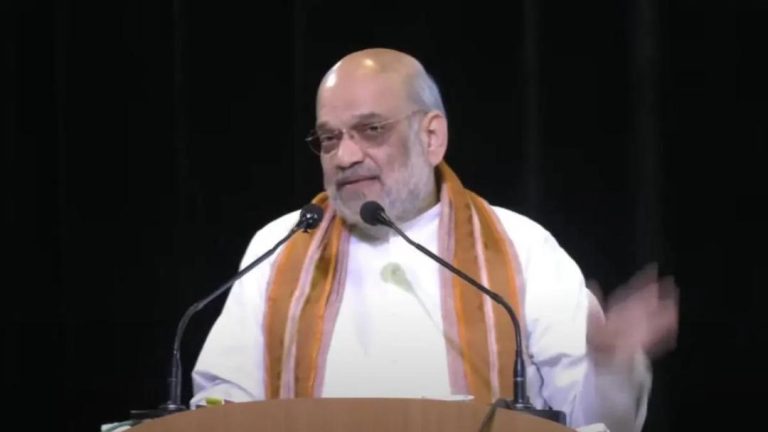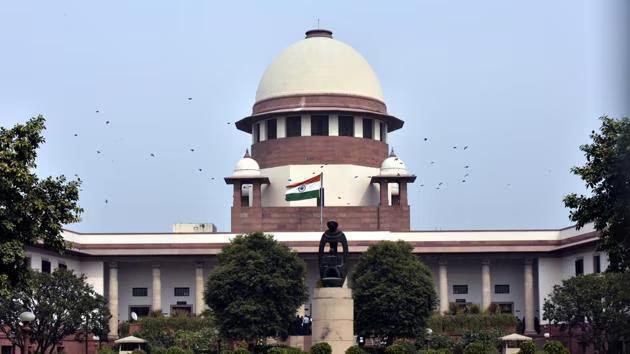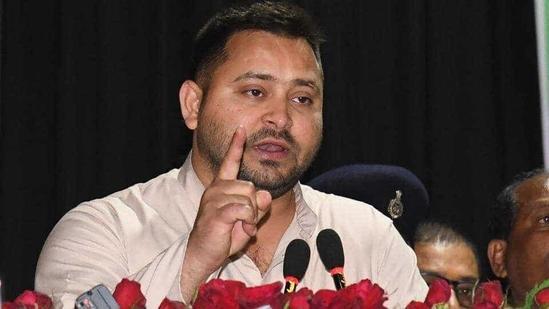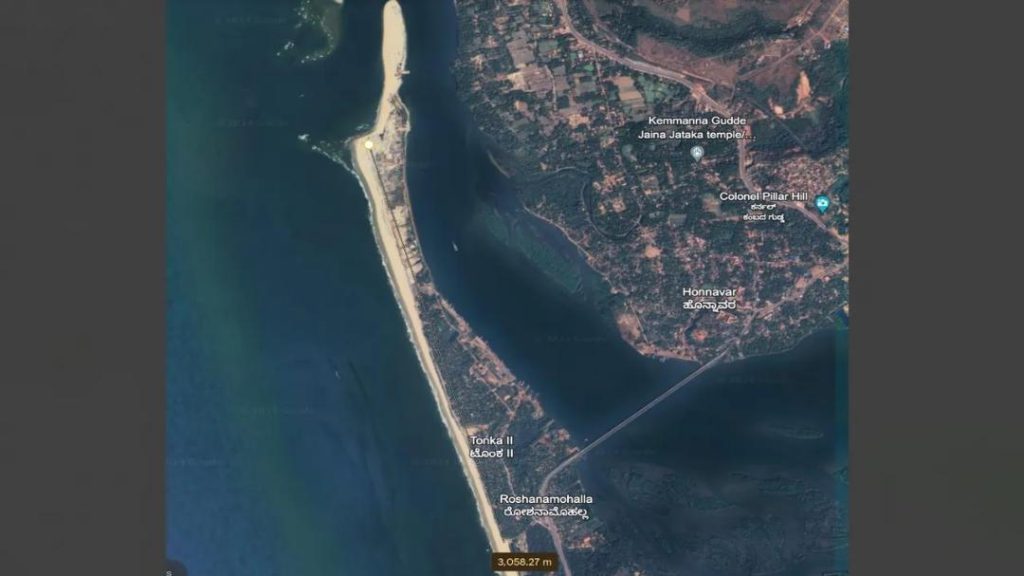
Protests Intensify in Honnavar Over Alleged Police Brutality
The southern coastal town of Honnavar in Karnataka has been witnessing intense protests over the past few days, with local fishermen and residents demanding that the proposed private port at Kasarkod beach be cancelled. The situation took a turn for the worse on February 25, when police allegedly used excessive force to disperse protesters, leading to widespread outrage and accusations of police brutality.
Despite prohibitory orders issued by the authorities, hundreds of fisherfolk and locals gathered at Kasarkod beach to protest against the land survey being conducted for the port. The protesters, who included women and children, were met with baton charges, tear gas shells, and water cannons by the police. Eyewitnesses and viral videos on social media depict the brutal treatment of protesters, including the manhandling of women, which has only added fuel to the fire.
The protests in Honnavar have been ongoing for several weeks, with local fishermen and residents expressing concerns about the environmental and social impact of the proposed port. They claim that the port will not only displace thousands of fishermen and their families but also damage the local ecosystem. The protesters have been demanding that the government cancel the project and instead focus on sustainable and eco-friendly initiatives that benefit the local community.
The police action on February 25 was widely condemned by local leaders and activists, who accused the authorities of using force to suppress the democratic rights of the people. “The police have been brutal and biased in their handling of the protesters,” said Raghavendra Shenoy, a local leader of the Karnataka Rajya Raitha Sangha (KRRS). “The government is trying to silence the voices of the people, but we will not be deterred. We will continue to fight for our rights and the rights of our community.”
The incident has also drawn attention to the lack of accountability and transparency in the governance of the state. “The government is not accountable to the people,” said Dr. Suresh Bhat, a prominent social activist. “They are more interested in serving the interests of big business and corporations than in serving the people. This is why we see such brutal suppression of protests and dissenting voices.”
The protests in Honnavar are part of a larger movement against the proposed port, which has been gaining momentum over the past few months. The movement has seen widespread support from local communities, civil society organizations, and environmental groups. “This is not just a local issue, it’s a national issue,” said Dr. Bhat. “We need to stand together and fight against the destruction of our environment and our communities.”
The government has been accused of ignoring the concerns and demands of the protesters and instead trying to force through the project. “The government is not listening to the people,” said Raghavendra Shenoy. “They are more interested in pleasing the corporate interests that are backing the project than in serving the people. This is why we see such brutal suppression of protests and dissenting voices.”
The protests in Honnavar have also drawn attention to the lack of representation and participation of local communities in decision-making processes. “The government is not accountable to the people,” said Dr. Bhat. “They are not listening to our concerns and demands. This is why we see such brutal suppression of protests and dissenting voices.”
The situation in Honnavar is a stark reminder of the need for greater transparency, accountability, and participation in the governance of the state. The government must listen to the concerns and demands of the people and work towards finding a solution that benefits everyone, not just a few corporate interests.
In conclusion, the protests in Honnavar over the proposed private port at Kasarkod beach are a testament to the strength and resilience of the local community. Despite the use of force by the police, the protesters will not be silenced and will continue to fight for their rights and the rights of their community. The government must listen to the people and work towards finding a solution that benefits everyone, not just a few corporate interests.
